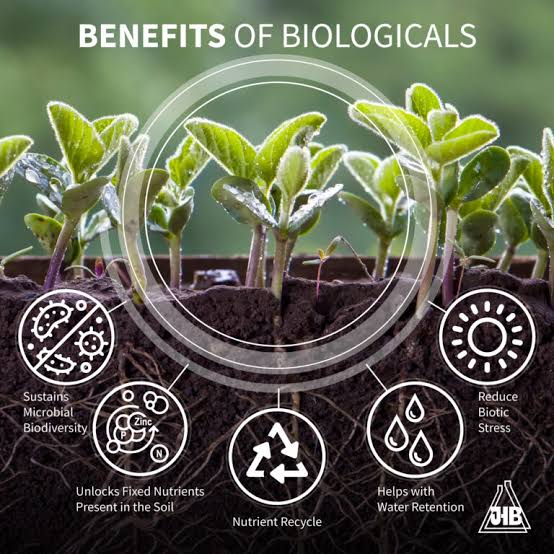Agriculture is undergoing a revolutionary shift with the rise of biological solutions, offering farmers a sustainable, efficient, and profitable way to produce food while protecting the environment. As a critical component of Integrated Pest Management (IPM), biologicals are redefining farming practices and paving the way for a healthier future for both the planet and its people.
A sustainable farming revolution
At the heart of biological solutions is sustainability. By supporting environmentally responsible production systems, biologicals help conserve biodiversity and promote healthier ecosystems. As growers face increasing pressure to reduce their environmental footprint, these innovative tools provide a way to balance productivity with ecological responsibility.
Boosting yields and quality
Biologicals are more than just a sustainable choice—they’re also practical and profitable. When used alongside conventional crop protection products, they enhance crop yields and improve the quality of agricultural produce. Farmers can deliver healthier, affordable food to the market while seeing long-term benefits in farm profitability.
Flexibility and convenience for farmers
Farmers often face tight schedules, especially during harvest seasons. Biological solutions offer flexibility with shorter re-entry intervals (REI) and pre-harvest intervals (PHI), making it easier for growers to stay on track with their harvests. This also ensures effective management of residue requirements, meeting the demands of both regulators and consumers.
Safe and effective residue management
One of the standout features of biologicals is their rapid degradation in the environment. This reduces harmful exposure risks and often eliminates the need for Maximum Residue Limits (MRLs) evaluation. For farmers looking to meet stringent export or local market requirements, this provides a reliable solution to manage residues effectively.
A key to resistance management
Biologicals are essential in the fight against pest resistance. By introducing diverse modes of action, they offer a sustainable way to combat resistance challenges in farming. When integrated into IPM strategies, biologicals ensure long-term pest and disease management, preserving the effectiveness of other crop protection tools.
Advocating for change
CropLife Africa Middle East is at the forefront of this agricultural transformation, advocating for the integration of biological solutions into farming systems. By working closely with regulators, they aim to create enabling frameworks that support the adoption of these innovative tools.
As biologicals continue to revolutionize agriculture, they offer a promising path forward—a path where sustainability, productivity, and profitability go hand in hand. With their ability to transform farming practices, biological solutions are not just a trend; they are the future of agriculture.

